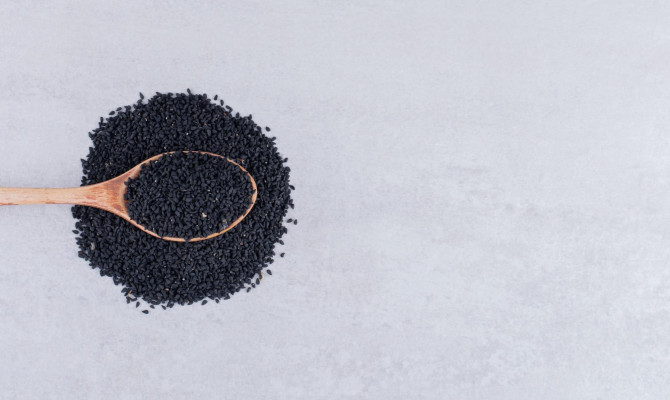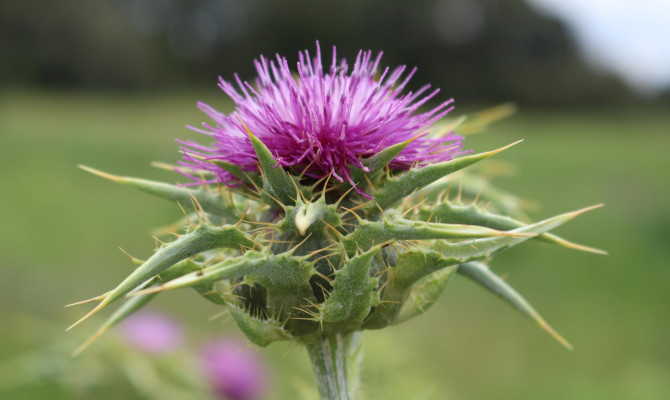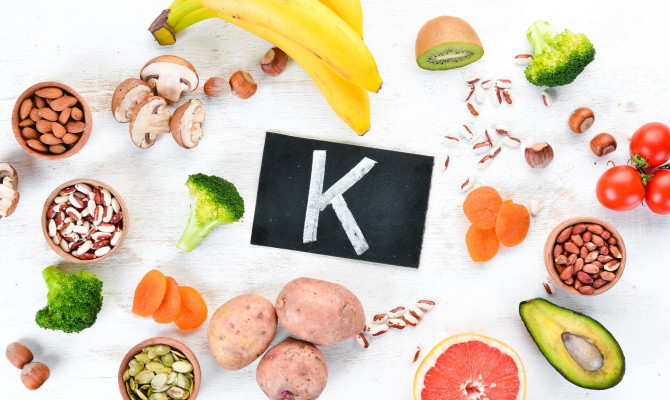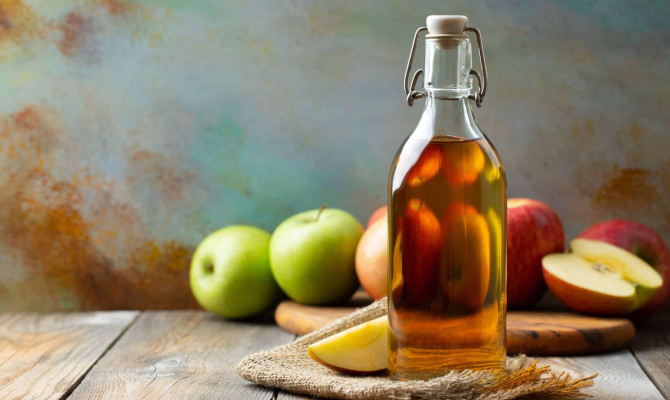Antioxidants : Sources and Benefits

- Antioxidants
- 14 Aug 2023
Overview
What are Antioxidants ?
Antioxidants or free-radical scavengers are substances, that can halt or postpone some kinds of cell damage. Free radicals are primarily responsible for this cell damage. In reaction to pollution in the environment and other factors, the body produces unstable molecules called free radicals. 1Overview | Researched based study from Who.int Reactive oxygen species (ROS) is another name for free radicals. Oxidative stress occurs if the body is unable to handle and eliminate free radicals effectively and is associated with several illnesses including emphysema, Parkinson’s disease, arthritis, respiratory diseases, cancer, and heart diseases 2Overview | Researched based study from Nlm.nih.gov .

Numerous compounds, including the following, have antioxidant properties:
- Plant-based food contains a variety of phytonutrients and antioxidants, including catechins, flavones, flavonoids, phytoestrogens, and polyphenols.
- Each antioxidant has a unique purpose and is not replaceable with the others because of this, it is crucial to consume a variety of foods.
- Examples of antioxidants from external sources include vitamins A, C, and E, Beta-carotene, lycopene, selenium, and manganese.
Functions
Biological functions of antioxidants
- Antioxidants donate an electron to free radicals in our bodies, neutralizing them and lowering their potential for harm.
- They postpone or prevent cellular damage primarily through free radical scavenging.
- A network of interconnected antioxidant enzymes shields cells from oxidative stress.
- Antioxidants suppress free radicals, preventing their formation.
- If free radicals develop, antioxidants scavenge them. Example – Vitamins E and C.
- Free radical decomposition is also encouraged by them.
- By removing oxidatively altered proteins and stopping the buildup of oxidized proteins, they also help to partially repair the harm caused by free radicals. 3Biological role | Researched based study from Nlm.nih.gov
Types
Types of antioxidants
Based on the source, they can be of two types:
- Endogenous antioxidants – which the body generates.
- Exogenous antioxidants – these originate outside of the body. 4Types| Researched based study from Cancer.gov
Sources
What are the sources ?
Antioxidants can come from either natural or synthetic sources. Superfoods or functional foods are terms used to describe foods that are especially high in antioxidants. The following foods contain natural antioxidants:
- Vegetables – red tomatoes, carrots, eggplants, bell peppers, kidney beans, black beans, broccoli, spinach, corn, leafy green vegetables, etc.
- Fruits – berries, papayas, apples, oranges, mangoes, watermelons, pomegranates, red grapes, etc.
- Animal sources – dairy products, eggs, liver, bacon, chicken, and seafood.
- Beverages – Coffee, apple juice, black tea, grape juice, green tea,
- Nuts and seeds – barley, rice, poppy seeds, walnuts, pistachios, millets, peanuts, lentils, etc.
- Spices and herbs – cloves, basil, dill, parsley, cinnamon, oregano, thyme, saffron, etc. 5Sources | Researched based study from Nlm.nih.gov
- Dark chocolates.
Specific sources
The following are some sources of a few particular antioxidants:
- Vitamin A – sweet potatoes, liver, carrots, and egg yolks.
- Vitamin C – citrus fruits like oranges, lemon, kiwifruit, mangoes, and broccoli.
- Vitamin E – avocados, seeds, nuts, vegetable oils.
- Catechins – tea and red wine.
- Beta-carotene – pumpkins, mangoes, apricots, and spinach.
- Flavonoids – apples, onions, tea, red wine, citrus fruits.
- Lycopene – watermelon, tomatoes, and apricots.
- Lutein – corn and spinach.
- Selenium – whole grains, seafood, and lean meat.
- Manganese – nuts, seafood, milk, and lean meat.
Supplements
- A wide variety of antioxidant supplements are available. However, taking antioxidant supplements daily or in high doses can be harmful to the body.
- Consuming a specific antioxidant as a dietary supplement or food is not proven to shield the body from disease. 6Sources | Researched based study from Nccih.nih.gov
- People who are at risk for age-related macular degeneration may profit in some ways from taking supplements, but it is crucial to get a doctor’s opinion before taking any.
Benefits

Benefits of antioxidants
Antioxidants have a variety of advantages and may lower the likelihood of reactive stress in the body, defending against the following:
- Vision loss due to aging.
- DNA damage from UV light.
- Wrinkles and pigmentation in the skin.
- Supports healing.
- Cognitive decline.
- Parkinson’s disease.
- Inflammation in the body.
- Respiratory problems.
- Fights infection.
- Heart diseases. 7Benefits | Researched based study from Mayoclinic.org
- Diabetes. 8Benefits | Researched based study from Betterhealth.vic.gov.au
- Cancer. 9Benefits | Researched based study from Sagepub.com
- Stroke.
Side effects
Side effects of antioxidants
Antioxidant supplementation at high doses may increase the following health risks:
- Kidney stones.
- Beta carotene high dose – Lung cancer in smokers.
- Prostate cancer in healthy men. 10Side effects | Researched based study from Nlm.nih.gov
- A type of stroke. 6Side effects | Researched based study from Nccih.nih.gov
- Vitamin A high dose – the risk of birth defects.
Precautions
Precautions while consuming antioxidants
- The number of antioxidants in a substance may change as a result of cooking. For instance, heating makes the antioxidant lycopene in tomatoes more available for absorption, whereas it reduces the antioxidant activity of cauliflower, zucchini and green peas. Remember that eating a range of cooked and raw foods high in antioxidants is key.
- Antioxidant supplements should not be used as a substitute for a balanced diet or traditional medical treatment or as an excuse to put off visiting a doctor for a medical issue.
- To be on the safer side, pregnant women and nursing mothers should ingest plenty of fruits and vegetables and avoid taking antioxidant supplements.
- Before taking antioxidant supplements it is always better to consult a physician.
Interactions
Interactions of Antioxidant
Antioxidant supplements and some medicines might interact with each other. If a person takes any medications or dietary supplements, they should inform their doctor. Here are some drug interactions with few common antioxidants:
- Vitamin A may interact with acitretin, alitretinoin, bexarotene, cholestyramine, isotretinoin, tretinoin, multivitamin tablets, and warfarin. 11Interactions | Researched based study from Mayoclinic.org
- Vitamin C may interact with estrogens, medications for cancer, niacin, and warfarin. 12Interactions | Researched based study from Mayoclinic.org
- Vitamin E may interact with drugs like blood thinners like warfarin, iron supplements, or orlistat. 13Interactions | Researched based study from Mayoclinic.org
Outlook
The Bottom line
A healthy diet must include adequate antioxidants though some studies indicate that taking supplements in excessive doses may be harmful. The ideal approach is to consume a daily serving of antioxidants from nutritious plant foods, like fruits and vegetables. It may be a factor in the reduced incidence of chronic diseases associated with fruits and vegetable consumption. However, it is doubtful that consuming additional antioxidants, particularly as supplements, will offer meaningful advantages.
Any feedback on this article?
 This Articles content was accurate
This Articles content was accurate Very Informative Article
Very Informative Article I have a question or a comment
I have a question or a comment
 This article contains inaccurate content
This article contains inaccurate content This article was not helpful
This article was not helpful I have a question or a comment
I have a question or a comment
We appreciate your helpful feedback!
Checkout our social pages
References
-
World Health Organization
Free radicals and antioxidants in health and disease: A review | Overview
-
National Library of Medicine
Oxidative Stress: Harms and Benefits for Human Health | Overview
-
National Library of Medicine
Free radicals, antioxidants and functional foods: Impact on human health |
-
National Cancer Institute
Antioxidants and Cancer Prevention | Types
-
National Library of Medicine
Antioxidants | Sources
-
National Center for Complementary and Integrative Health
Antioxidants: In Depth | Sources
-
Mayo Clinic
Healthy Lifestyle-Antioxidants | Benefits
-
Better Health Channel
Antioxidants | Benefits
-
SAGE Publishing
Dietary Antioxidants and Human Cancer | Benefits
-
National Library of Medicine
Vitamin E and the Risk of Prostate Cancer: Updated Results of The Selenium and Vitamin E Cancer Prevention Trial | Side effects
-
Mayo Clinic
Vitamin A | Interactions
-
Mayo Clinic
Vitamin C | Interactions
-
Mayo Clinic .org
Vitamin E | Interactions





































